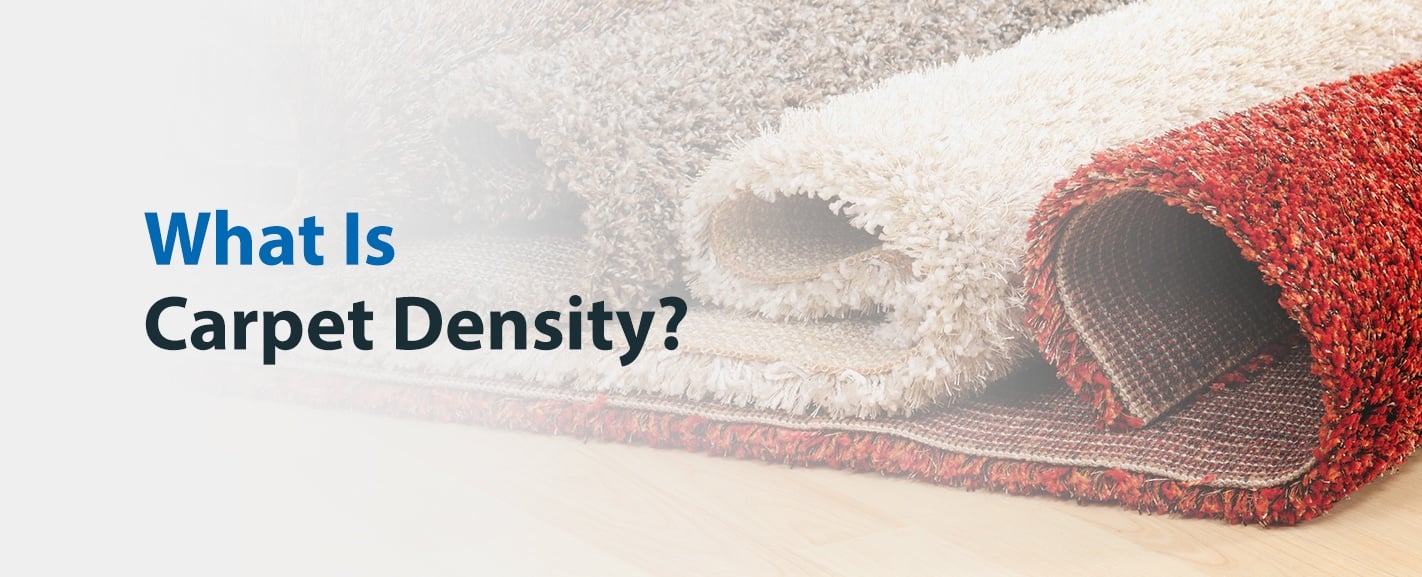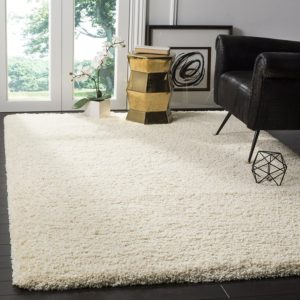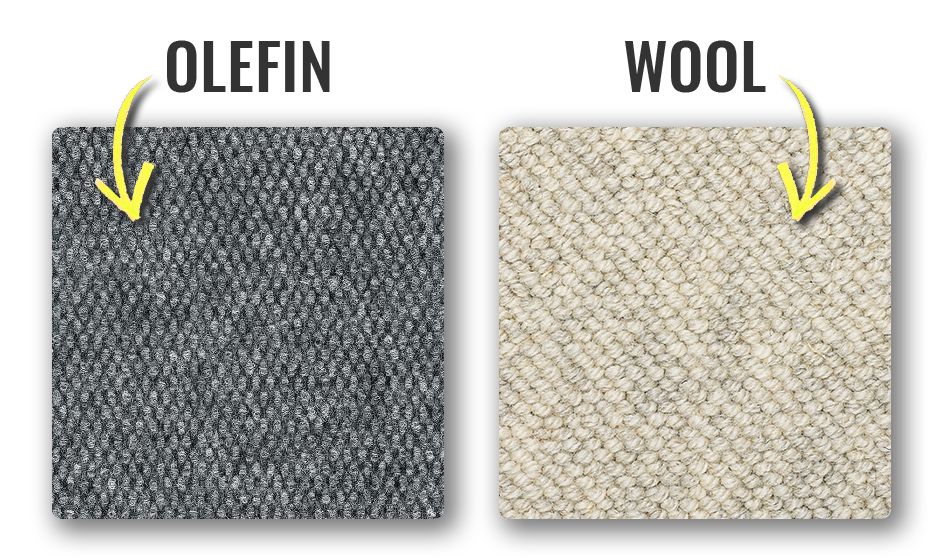Most carpets have a face weight somewhere between 20 ounces and 100 ounces but the average face weight for a residential carpet is about 35 to 60 ounces.
The quality of carpet is measured in ounce.
Or is more costly.
It should not be confused with the carpet s total weight which is the combined weight of the pile plus the backing.
Carpet face weight is defined as the weight of the carpet pile per square yard of carpet measured in ounces.
A carpet s density is a measure of the weight of the pile yarn corrected for the height of the yarn.
A higher face weight means more yarn says grable and more yarn makes for a longer lasting product as an example within one product line the good level carpet has a face weight of 40 oz.
Your equation is 3 divided by 0 5 which equals a twist level of 6.
The term refers to the weight of the carpet s fibers only not the backing material.
Thick and have a density weight rating of at least 6 lbs.
Let s say it measures to be half an inch.
Next measure the height of the strand of carpet.
Is a higher quality.
Buy the right carpet pad.
The last consideration is face weight weight of the carpet pile per square yard.
The best level weighs in at.
A carpet with a low density number risks uglying out before it actually wears out.
A higher face weight does not automatically mean the carpet is a better grade.
The wrong pad can cut the life of your carpet in half.
The right pad will extend the life of your carpet.
Here s how to use this equation start by counting the number of twists in a strand of the carpet.
The quality of carpet pad is determined by density not thickness.
Let s say you count 3 twists.









